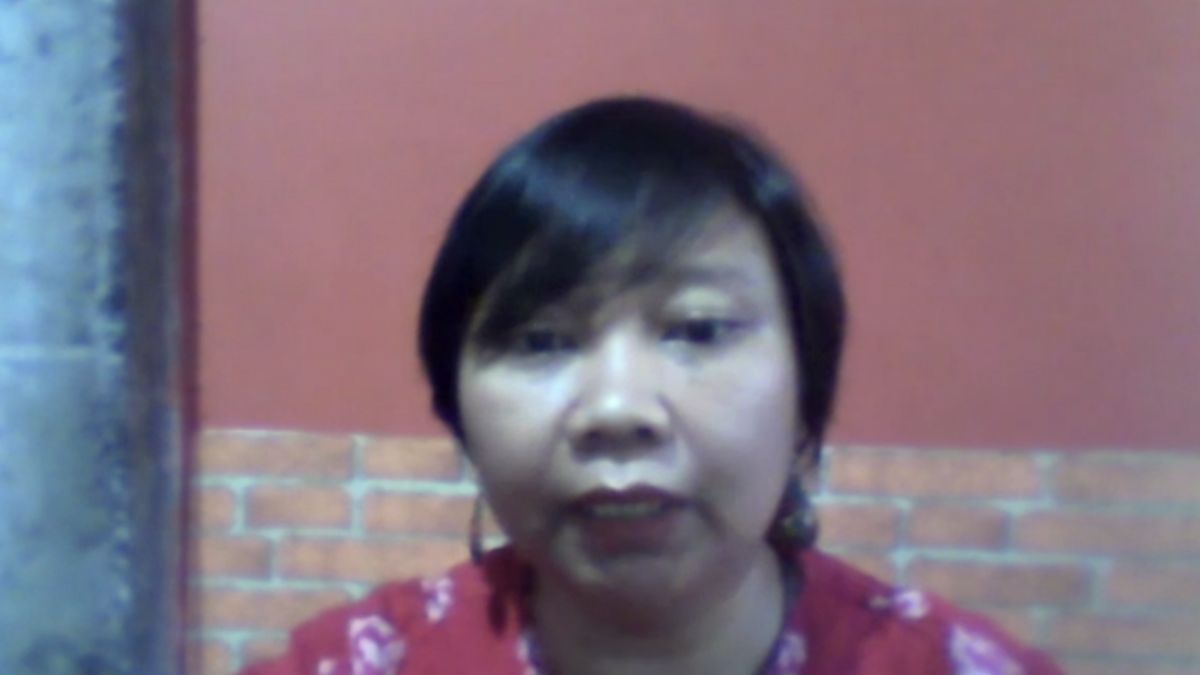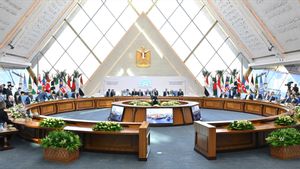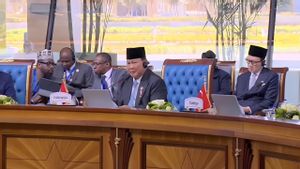JAKARTA - Migrant CARE Executive Director Anis Hidayah said Indonesian migrant workers are vulnerable to the death penalty abroad due to various limitations, such as language barriers and lack of access to legal representation in foreign jurisdictions.
"Vulnerability to the death penalty is also caused by social isolation, discrimination, the weak socio-economic position of migrant workers, and lack of access to adequate consular assistance," Anis said as quoted by Antara, Jakarta, Tuesday, November 23.
"On the one hand, migrant workers are vulnerable to being victims of human trafficking who are forced to commit crimes that result in the death penalty," Anis continued.
Especially for migrant workers who are women. Women have a vulnerability to gender-based violence which leads them to death penalty cases, such as the case of Darsem bint Dawud Tawar.
Darsem is an Indonesian migrant worker who works in Saudi Arabia. He was sentenced to death for killing a relative of his employer or employer. In addition, said Anis, Indonesian migrant workers often do not get a fair trial situation, so that some Indonesian migrant workers are executed abroad, such as in Saudi Arabia, in Malaysia, and in several other countries.
"The Indonesian government has made various efforts, both legal assistance, consular assistance, family assistance, to diplomacy," he said.
These various efforts have yielded results, as data submitted by the Director of Protection of Indonesian Citizens and Indonesian Legal Entities at the Ministry of Foreign Affairs Judha Nugraha, as many as 517 Indonesian citizens have been successfully released from the death penalty, and as many as six Indonesian nationals have undergone executions. dead.
Nevertheless, Anis said that, until now, new death penalty cases involving migrant workers, especially women, are still happening.
"This vulnerability has not been prevented by the Government of Indonesia, both in the structure of safe migration management, and in the process of how to control or supervise the work situation, especially in the domestic worker sector," said Anis.
The English, Chinese, Japanese, Arabic, and French versions are automatically generated by the AI. So there may still be inaccuracies in translating, please always see Indonesian as our main language. (system supported by DigitalSiber.id)











